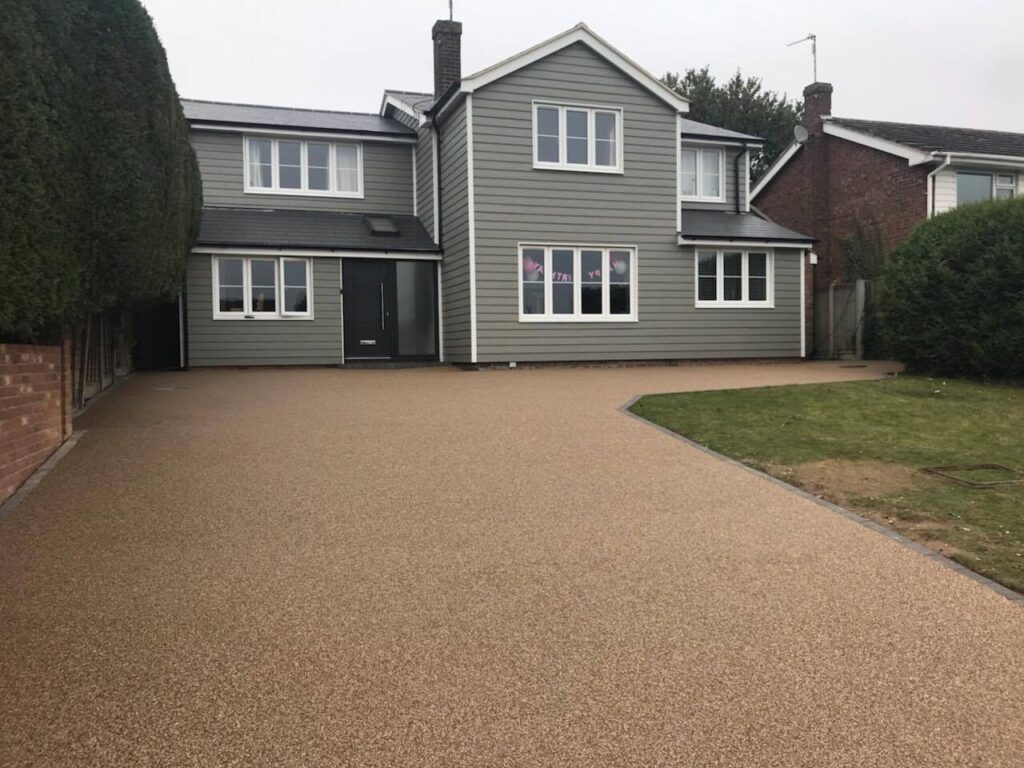What are SuDS?

What are SuDS?
SuDS or otherwise referred to as Sustainable Drainage Systems are used to manage the flow of surface water. Moreover, the purpose of SuDS is to decrease the rate of water flow to watercourses and improve water quality.
SuDS are most commonly used in urban areas due to the lack of natural infiltration, as there are many surfaces which are sealed by buildings and types of block paving. In comparison to more rural and natural environments, where the rainfall soaks into permeable surfaces through infiltration.
In more built up environments and urban areas, Sustainable Drainage Systems consist of pipes and culverts which divert water built up on the surface to local watercourses. There are many different types of SuDS, that are used for different purposes and types of environments.
How do they work?
Sustainable Drainage Systems provide areas that store water in natural contours, to allow water to soak into the ground, as well as evaporate from surface water. SuDS can also transpire from vegetation.
Water that passes through small SuDS can feed into larger systems to manage the run-off from wider areas. It is recommended to avoid using pipes to control the water flow between different SuDS components.
What are the different types of SuDS?
There are a variety of different types of SuDS available to developers, that contain different uses and different locations depending on the development of a rainfall landing area. The three main distinctions for the types of SuDS are site control, regional control and at source.
Site controlled SuDS consists of permeable paving which include larger scale methods of systems, mixed with the smaller scale products.
Why are they important?
SuDS are important as they prevent flooding by managing and slowing down the flow of surface water run-off. As well as reducing the risk of flooding in sewers during heavy rainfall.
SuDS are also important and beneficial to environments as they can control water quality such as preventing water pollution. As well as controlling biodiversity such as providing valuable habitats for wildlife and plants.
SuDS and Ace Resin
At Ace Resin, our resin bound materials are 100% compliant with SuDS regulations providing it is installed on a porous base. The resin bound aggregates consist of small gaps between each aggregate. This is where water is able to infiltrate through to the ground beneath.
A resin bound surface such as a driveway or pathway can handle up to 850 litres of water per sq/m per minute.
We install high-quality, durable and permeable resin bound driveways in line with government regulations.